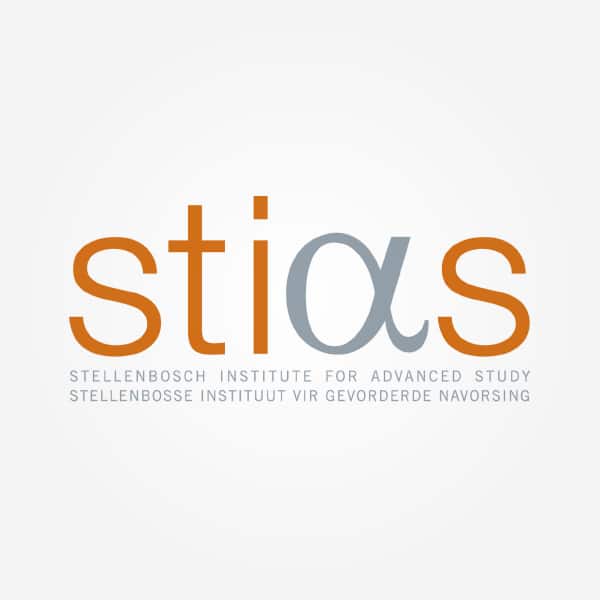Humankind is facing a new age, i.e. the anthropocene, with new problems. Thus, also science is facing new intellectual and methodological challenges. The term anthropocene has been coined by Paul Crutzen and means that human activities have become a geological factor. Actually, the impacts of human action are affecting many earth system processes such as climate, biodiversity, surface structures, the biochemical matrix and biogeochemical cycles. This asks for proper knowledge for reflecting, conceptualizing, modeling and managing inextricably coupled HES. Transdisciplinarity has become a third method of doing science and is considered as a means to help in this effort. In the recent book (“Environmental Literacy in Science and Society: From Knowledge to Decisions”, Roland Scholz) it is pointed out that transdisciplinary processes may have the potential to better understand and to design resilient human environment systems than other processes which have been used so far. The case of global sustainable phosphorus management and the Global TraPs project (Global Transdisciplinary Processes for Sustainable Phosphorus management) in which Stellenbosch University, South African industry and NGOs are involved may serve as a concrete case for this research challenge.

